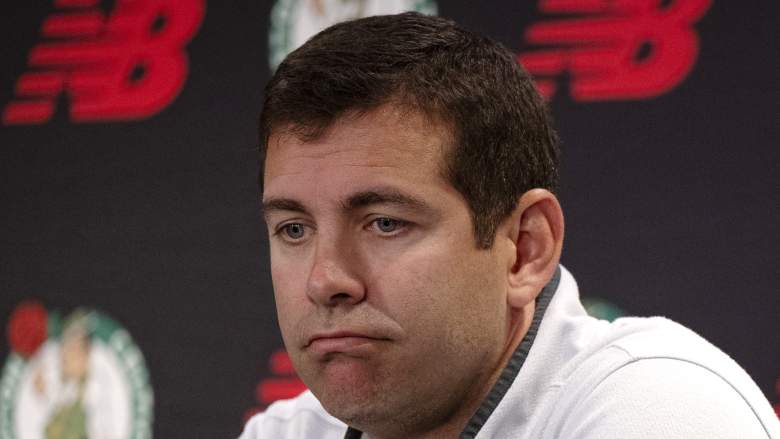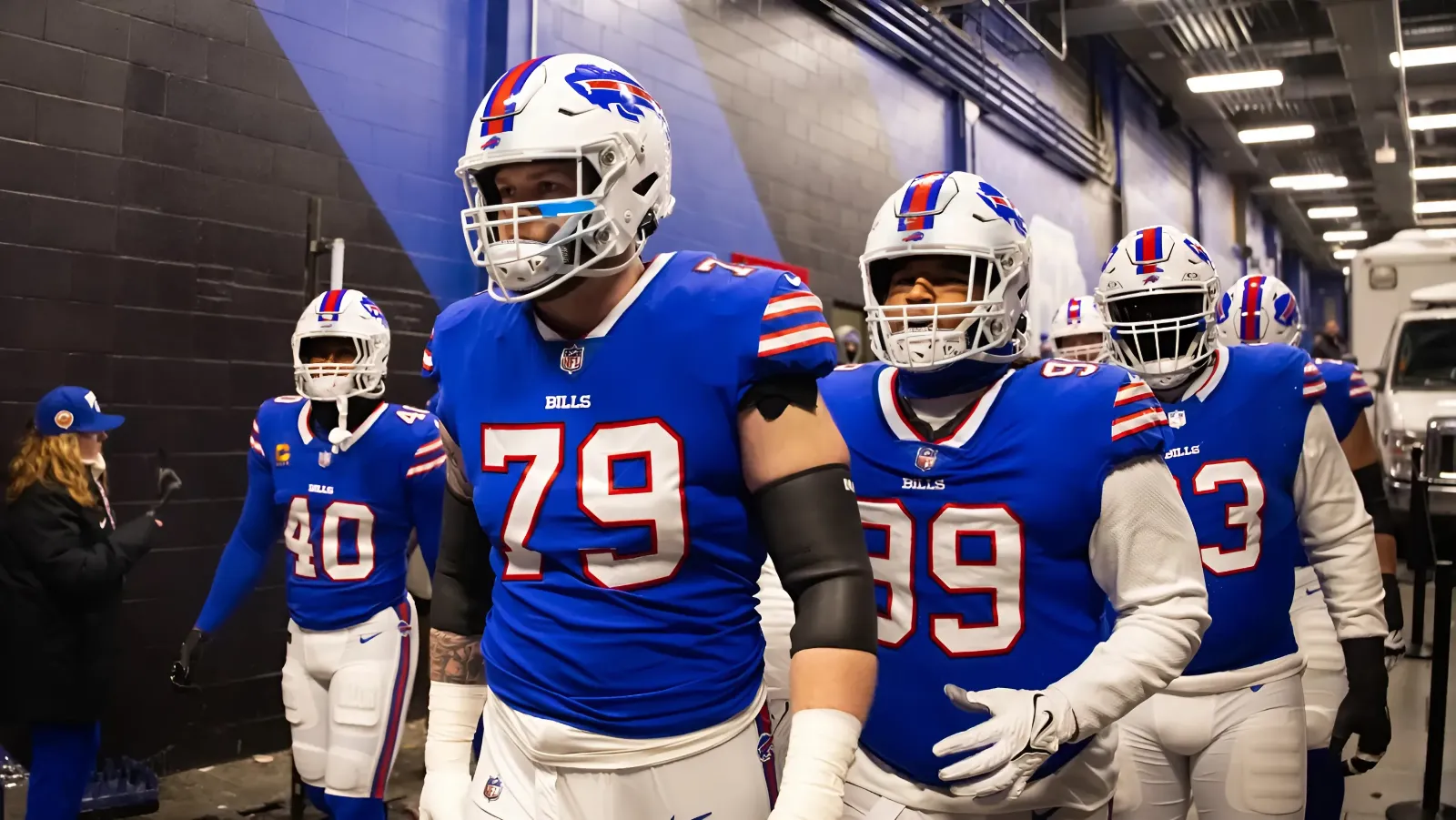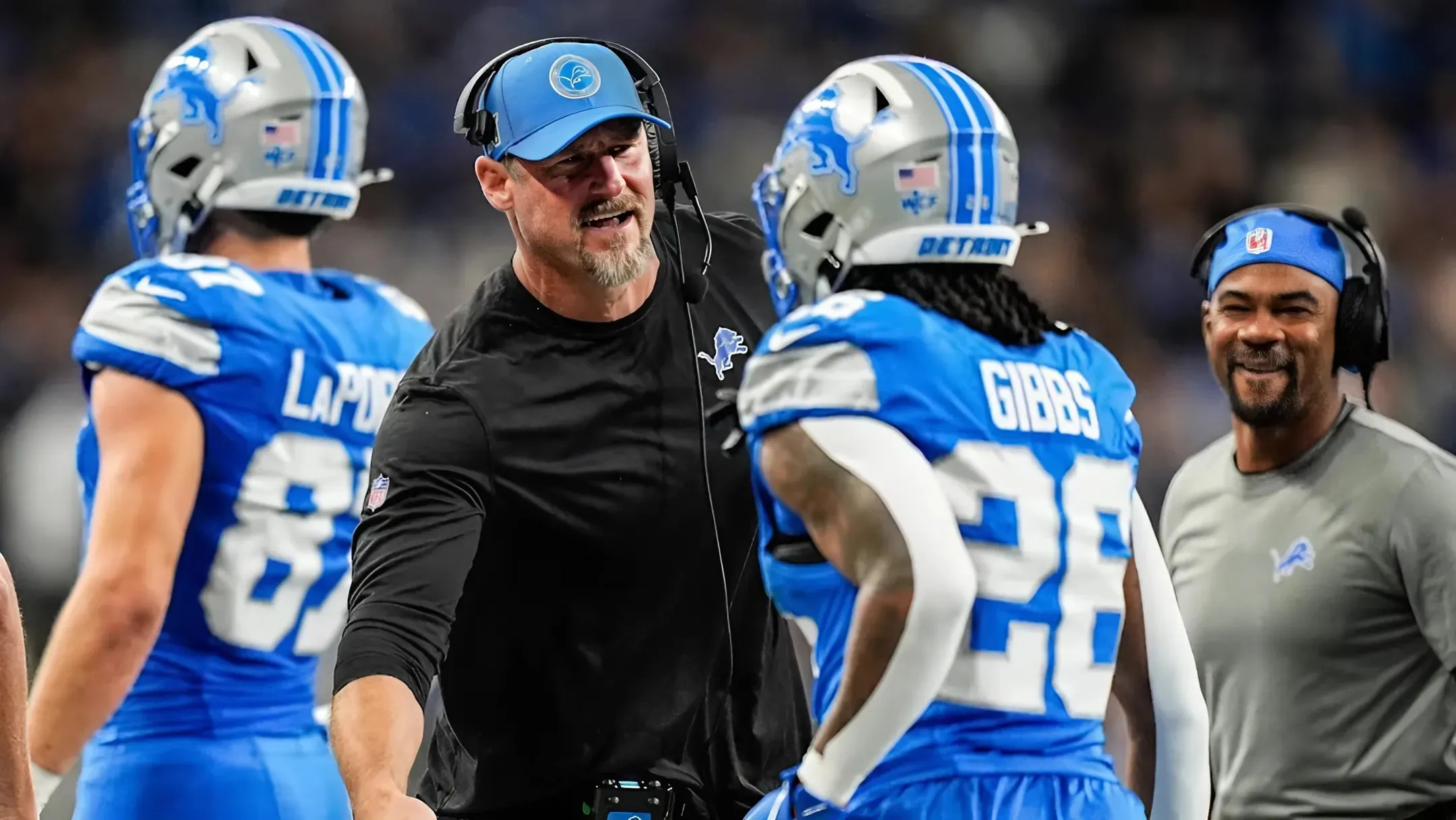Since moving into a front-office role, Brad Stevens has turned the Boston Celtics into the best team in the NBA. Joe Mazzulla has arguably the deepest rotation in the league, with eight or nine players capable of being starters on any night.

Despite fielding multiple injuries over their opening 26 games of the season, the Celtics still boast a 21-5 record. However, Stevens must now ensure he keeps pace with the chasing pack. Other front offices will be looking to close the gap, and that means Boston can’t afford to allow itself to stagnate.
Unfortunately, improving their current roster, even on the fringes, is no easy task for the Celtics. The NBA’s luxury tax rules severely limit the moves the Celtics can make as a second-apron luxury tax team. On Wednesday, Dec. 18, Bobby Marks provided a complete breakdown of the Celtics’ restrictions in the trade market during an article for ESPN.
“The Celtics are $25.7 million over the luxury tax and have a projected tax bill of $65.6 million,” Marks explained. “Boston is $18.4 million over the first and $7.6 million over the second apron. They cannot use more than the 100% traded player exception or aggregate contracts. The Celtics are also not allowed to sign a player who was waived and had a preexisting salary of $12.8 million or more. Boston is not allowed to send out cash in any trade.”
With so many restrictions to navigate, the Celtics may choose to look internally for upgrades. That means we could see someone promoted from their G-League affiliate, the Maine Celtics, or a minor trade could take place. No matter what happens, the team won’t look much different until at least next summer, and that’s a good thing.
Celtics’ Could Convert Drew Peterson’s Contract
Over the past few years, the Celtics have used their developmental pipeline in Maine. Neemias Queta is the latest addition from the G-League and is now fighting for game time with Luke Kornet.
NBC Sports Boston’s Chris Forsberg recently noted that Drew Peterson is a ‘simple move’ the Celtics front office could look to make. Converting his contract would be a cost-effective way of rounding out the roster and giving the 6’9” forward some additional room to improve with the primary rotation.
“The Celtics could just elect to make a simple move like elevating two-way wing Drew Peterson to the parent roster before season’s end,” Forsberg wrote. “Peterson has given the team some solid minutes in seven appearances. Queta got the call-up from two-way to parent roster before the postseason last year.”
Peterson has impressed in his limited minutes this season, including his run with the team during their preseason schedule.
Jaden Springer is The Celtics’ Best Trade Chip
Jaden Springer has not been able to earn any playing time for the Celtics. Mazzulla has consigned the young guard to garbage-time minutes. Payton Pritchard’s incredible start to the season has made his life even tougher.
As such, Springer has emerged as the Celtics’ best trade chip. His $4 million salary could allow the team to make a minor move to create cap space or bring in a veteran contributor.
“The $4 million expiring contract of Jaden Springer could be used in a deal to bring in another rotational player, or the contract could be paired with draft compensation to save Boston $16 million,” Marks wrote. “Boston also has one open roster spot.”
Moving Springer to reduce luxury tax penalties is a wise move. Boston is expected to be a second-apron team for multiple years to come. Shaving off some unnecessary costs where possible will make stomaching the high penalties slightly easier to manage. Nevertheless, Celtics fans should prepare themselves for an uneventful trade deadline. After all, not much needs changing when you’re as dominant as the Celtics.



